Pet Transportation to Hong Kong
Table of Contents
5 Things to Know When Flying to Hong Kong With Your Furbaby.
If you plan on relocating to Hong Kong with your beloved pet, you should know a few essential things about transporting an animal to the bustling city. From obtaining the necessary documents to ensuring your pet’s comfort and safety during the journey, it’s crucial to research and plan ahead.
This article will cover the top five things you need to know about bringing pets to Hong Kong, including documentation requirements and what to expect upon arrival. Whether you’re moving to Hong Kong for work, study, or to be near family, these tips will help make the transition as smooth as possible for you and your favorite four-legged friend.
1. Required Documentation.
Hong Kong has some of the strictest pet import requirements in the world. So, there’s no surprise that several pieces of documentation are required. Before bringing your pet to Hong Kong, you must obtain an import permit from the Agriculture, Fisheries and Conservation Department (AFCD) and make sure your pet meets the health requirements. Pets must also undergo a quarantine period upon arrival, which can last up to 120 days depending on the country of origin and the pet’s vaccination history.
Though the following list is not comprehensive, here’s a look at some of the required documentation:
● Microchip.
Every pet must be implanted with an ISO or AVID microchip, and the microchip number must be included on the pet’s health certificate and other relevant documents.
The microchip serves as a permanent form of identification for your pet and can help ensure that they are reunited with you in the event that they are lost or separated from you during travel. It’s important to ensure that the microchip is implanted before any required vaccinations or blood tests, as the microchip number must be recorded on these documents as well.
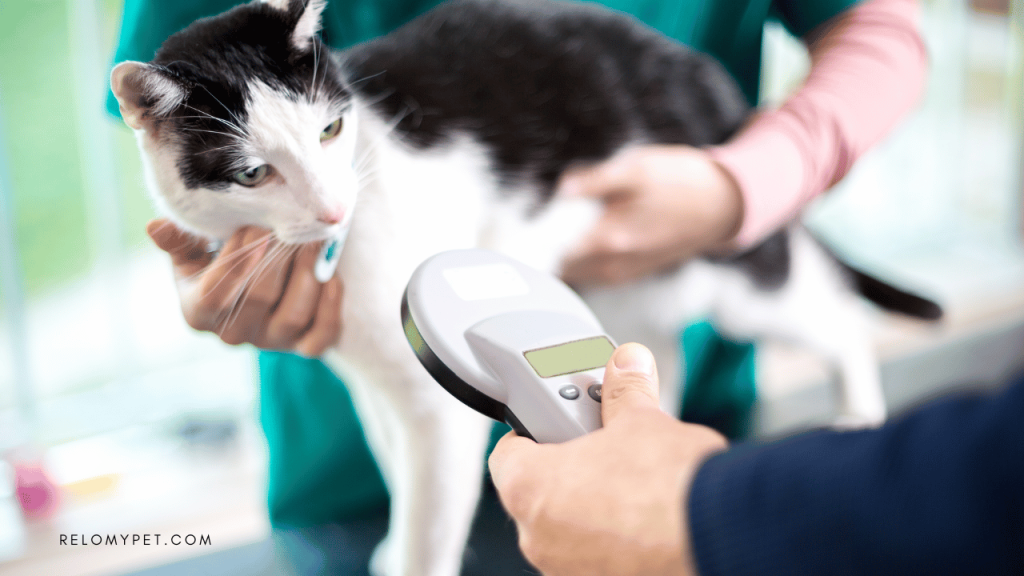
● Vaccinations.
Depending on the country of origin, your pet may also need additional vaccinations and tests. A proof of vaccination showing the dog has been immunized against Parvovirus, Distemper, and Hepatitis. Cats are required to be fully vaccinated against Feline Flu and Feline Panleukopenia.
● Rabies Test.
One important aspect of pet transportation to Hong Kong is the rabies test. Depending on the country of origin, your pet may need to undergo a rabies antibody test before entering Hong Kong. The test must be done at an approved laboratory and the results must show that your pet has a sufficient level of rabies antibodies. The test must be done at least 30 days after the rabies vaccination, and no less than 180 days prior to the date of arrival in Hong Kong. It’s important to check with the Agriculture, Fisheries and Conservation Department (AFCD) to confirm the specific requirements for your pet’s travel.
● Health Certificate.
Your pet must have a valid health certificate issued by a licensed veterinarian, stating that they are in good health and have received all necessary vaccinations. The health certificate must be issued within 14 days of departure.
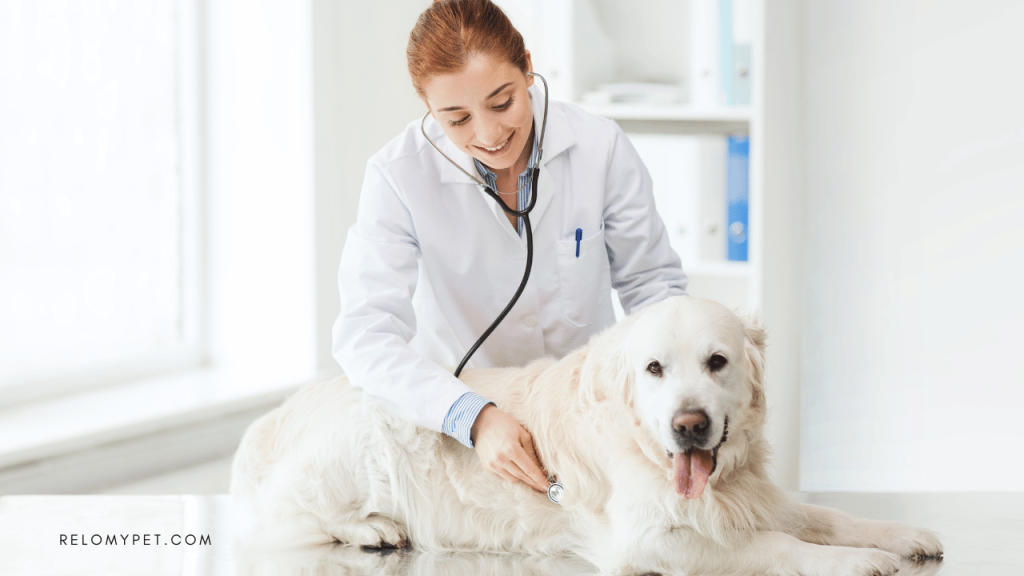
● Import Permit.
An import permit is a document issued by the relevant government authority that allows an individual to bring specific goods or items into a country. In the context of pet transportation to Hong Kong, an import permit is required for bringing pets into the country.
The import permit for pets in Hong Kong is issued by the Agriculture, Fisheries and Conservation Department (AFCD). To obtain an import permit, you will need to provide information about your pet, including their species, breed, age, and health status. You will also need to provide proof of vaccination and other relevant health certificates.
It’s important to obtain the import permit before you travel, as failure to comply with the regulations can result in your pet being denied entry or even euthanized. The import permit is usually valid for a specific period of time and may come with additional conditions or requirements that must be met.
Though gathering the information can be daunting, ensuring that you have it all compiled before the date of travel will prevent unexpected occurrences. After all, you don’t want to learn your pet has been refused at the border and sent back home.
2. Banned Breeds.
Many people may not realize that some breeds, both dogs and cats, are not permitted to enter Hong Kong. These restrictions are in place for public safety and to prevent the spread of diseases. The following breeds are banned in Hong Kong:
- Pit Bull Terriers
- Japanese Tosas
- Fila Brasileiros
- Dogo Argentinos
In addition to these breeds, the Hong Kong government has also placed restrictions on certain breeds, which include:
- American Staffordshire Terrier
- English Bull Terrier
- Bull Mastiff
- Doberman Pinscher
- Rottweiler
- German Shepherd
- Neapolitan Mastiff
Owners of restricted breeds are required to comply with additional regulations, including obtaining a special license, keeping their dog muzzled and on a leash in public, and ensuring their dog is properly trained and socialized. It’s important to check with the Agriculture, Fisheries and Conservation Department (AFCD) to confirm the current regulations and requirements regarding restricted dog breeds in Hong Kong.
Moreover, Bengal cats and crossbreeds cannot be imported into Hong Kong. However, you can contact Hong Kong authorities and ask for their advice on what documents may help get around this situation.
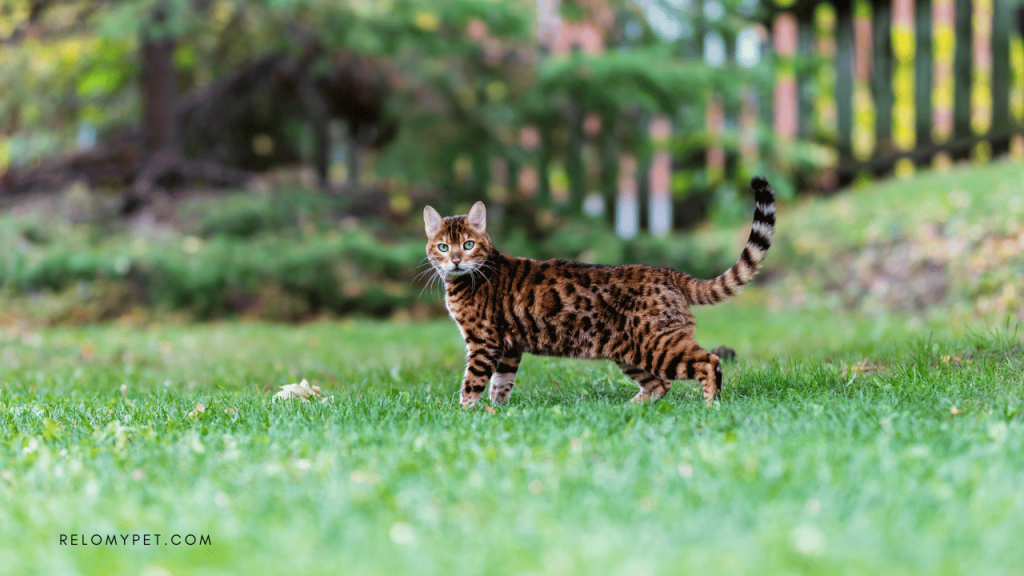
3. Airlines, Routes, and Heat Embargoes.
There are several airlines that allow pets to travel to Hong Kong, but not all airlines offer the same level of service. Some airlines only allow pets to travel as cargo, while others allow them to travel as checked baggage or in the cabin. It’s important to research the different airlines and their routes to determine the best option for you and your pet.
Transporting snub-nosed pets into Hong Kong may require additional planning, but it is not impossible. It is important to mention that when dealing with brachycephalic breeds, locating an airline that accepts them can be complicated. You may find that some carriers refuse to transport these breeds altogether, and others only transport them during cooler months.
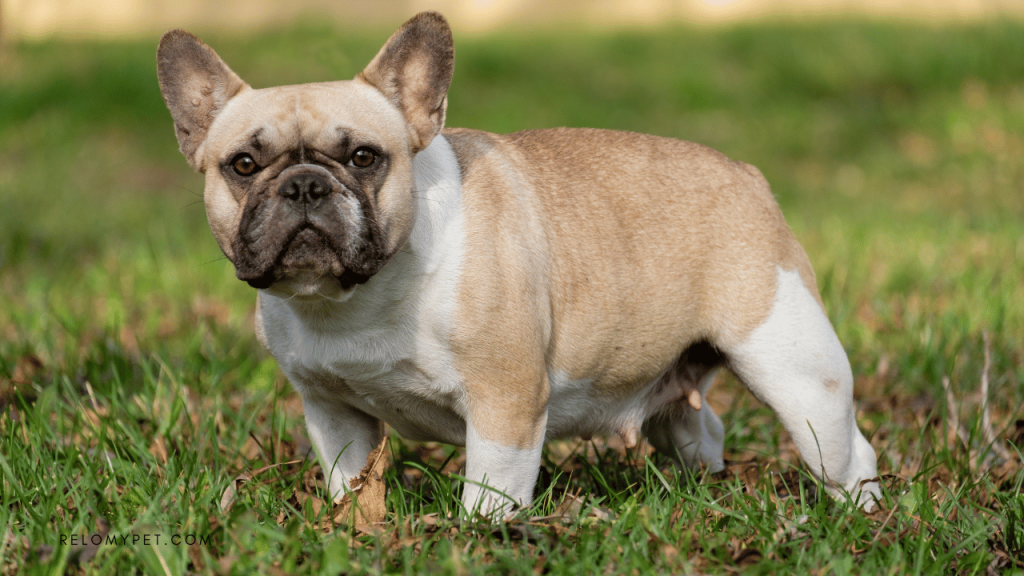
4. Quarantine May be Required.
All domestic ferrets, cats, and dogs must be free of evidence of diseases transferable to humans. Hence, every pet is examined at the port before they enter Hong Kong.
If your pet is not in apparent good health, it may be required to undergo a vet exam at your expense. Furthermore, depending on which country you are traveling from, some pets are required to spend up to four months in quarantine.
The quarantine period is designed to ensure that pets are free from infectious diseases and to prevent the spread of diseases in the local animal population.
The length of the quarantine period varies depending on the country of origin and the health status of the pet. Generally, pets are required to undergo a minimum of 10 days quarantine upon arrival in Hong Kong. During this time, they will be housed in a designated quarantine facility and will be monitored by veterinarians.
It’s important to note that the cost of quarantine and any necessary veterinary treatment will be the responsibility of the pet owner. Therefore, it’s important to budget for these expenses when planning to transport a pet to Hong Kong.
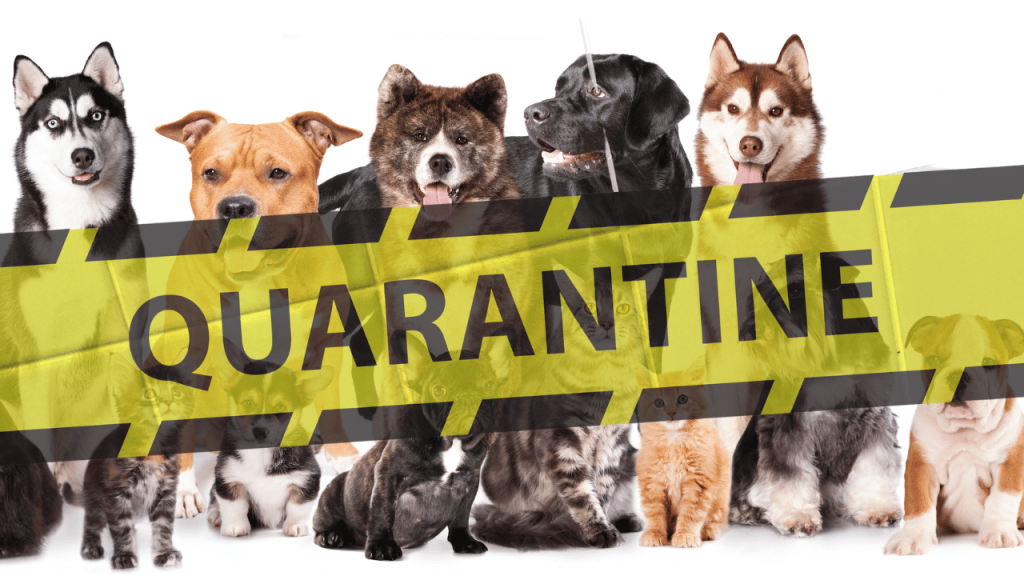
Enlist the Help of a Professional.
Ultimately, transporting a pet to Hong Kong requires careful planning and attention to detail. From obtaining the necessary documents and ensuring your pet is healthy enough for the journey to providing comfort and safety during the trip – there are many factors to consider. While it is possible to handle the process yourself, hiring a professional like Relopet International can take a lot of the stress and uncertainty out of the equation.
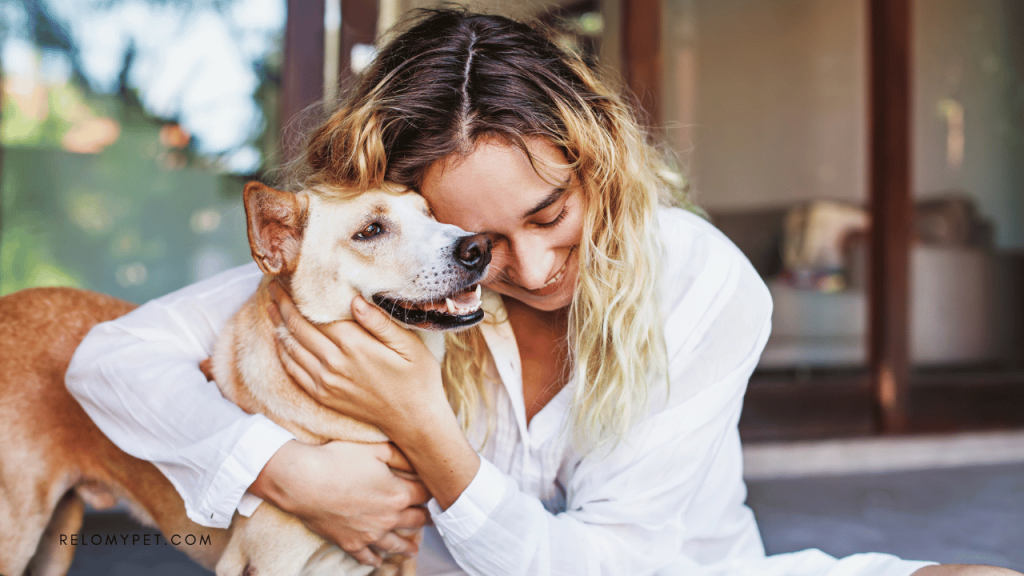
A reputable pet relocation company like Relopet International has the experience and resources to handle every aspect of the process, from obtaining the necessary documents to coordinating the transportation of your pet. We can also provide valuable support and guidance throughout the process, helping to ensure a smooth and seamless transition for you and your furry friend. In the end, the peace of mind and convenience of hiring a professional is well worth the investment.
